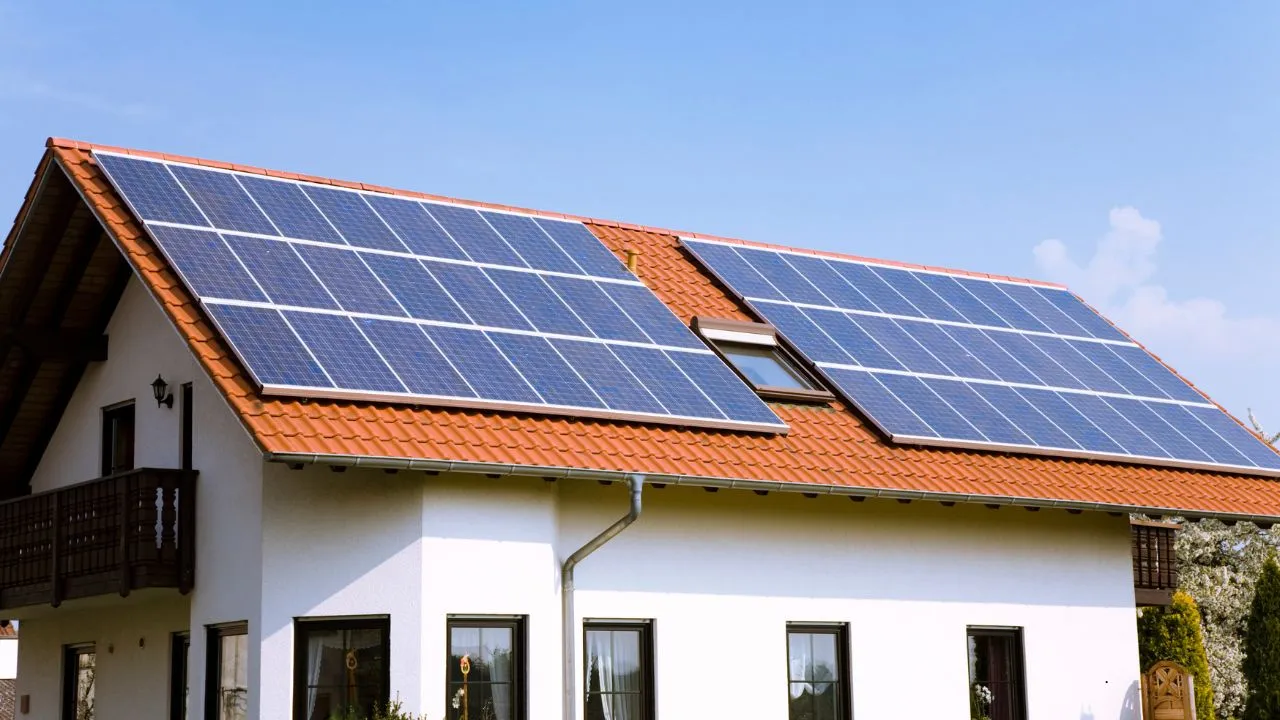If you’ve invested in solar panels for your home or business, you might be questioning whether it’s essential or even safe to keep them operational at all times. Solar photovoltaic (PV) systems provide an intelligent and sustainable solution for harnessing renewable energy.
However, grasping how these systems function and adhering to best practices for their use is crucial for fully reaping their benefits.
Why Should You Leave Your Solar Panels On?
Solar panels are designed to work continuously during daylight hours, converting sunlight into electricity. Here’s why it’s best to keep them operational:
- Maximize Energy Generation: Solar panels work most efficiently when they are always ready to capture sunlight. Turning them off during sunny periods results in lost opportunities to generate electricity.
- Optimized Return on Investment (ROI): Solar energy systems are a long-term investment. By keeping your panels on, you ensure they generate as much electricity as possible, helping you recoup your costs faster through energy savings or feed-in tariffs.
- Reduce Grid Dependency: By allowing your panels to generate power throughout the day, you can reduce your reliance on electricity from the grid, lowering your energy bills.
- Support the Environment: Solar power is a clean, renewable source of energy. Keeping your system operational ensures you minimize your carbon footprint and contribute to a greener future.
Are There Situations When You Should Turn Them Off?
While it’s generally recommended to leave your solar panels on all the time, there are some exceptions:
- During Maintenance: If you’re cleaning your panels or your inverter requires servicing, you may need to power down the system to ensure safety.
- Extreme Weather Conditions: In case of severe storms, hail, or cyclones, it may be wise to temporarily turn off your solar system to protect it from damage. Always consult your installer or manual for specific guidance.
- Electrical Upgrades: If you’re making changes to your electrical system, such as upgrading your circuit board, it’s safer to turn off your solar panels to avoid potential electrical hazards.
Do Solar Panels Use Power When Not Generating?
While solar panels do not consume electricity directly, the inverter may draw a small amount of power during idle times, such as at night. This standby consumption is minimal and is usually eclipsed by the advantages of having the system primed for immediate operation.
What Do Official Resources Say?
For expert advice and guidance, New Zealand government resources provide valuable information about managing solar energy systems:
- Energy Efficiency and Conservation Authority (EECA): The EECA promotes renewable energy solutions and provides resources on how to optimize your solar system for energy savings. Visit their website for more insights: eeca.govt.nz.
- Ministry of Business, Innovation and Employment (MBIE): MBIE offers detailed guidelines for renewable energy use in homes and businesses.
Tips for Maintaining Your Solar Panels
To keep your solar panels working efficiently, consider these maintenance tips:
- Regular Cleaning: Solar panel cleaning includes Dust, dirt, and bird droppings can reduce the efficiency of your solar panels. Clean them regularly to ensure they absorb maximum sunlight.
- System Monitoring: Most modern systems come with monitoring apps that let you track energy production. This can help you identify any issues early on.
- Professional Inspections: Have your system inspected by a certified professional annually to ensure all components are functioning correctly.
Concluding Reflections
Leaving your solar panels on all the time is the best way to maximize their efficiency, reduce your energy bills, and contribute to environmental sustainability. With the right maintenance and occasional professional checks, your solar PV system can deliver reliable performance for decades.For more information on solar energy systems, contact Vital Solar or explore government resources like the EECA or MBIE. These organizations offer detailed guidelines and support for optimizing renewable energy use in New Zealand.
